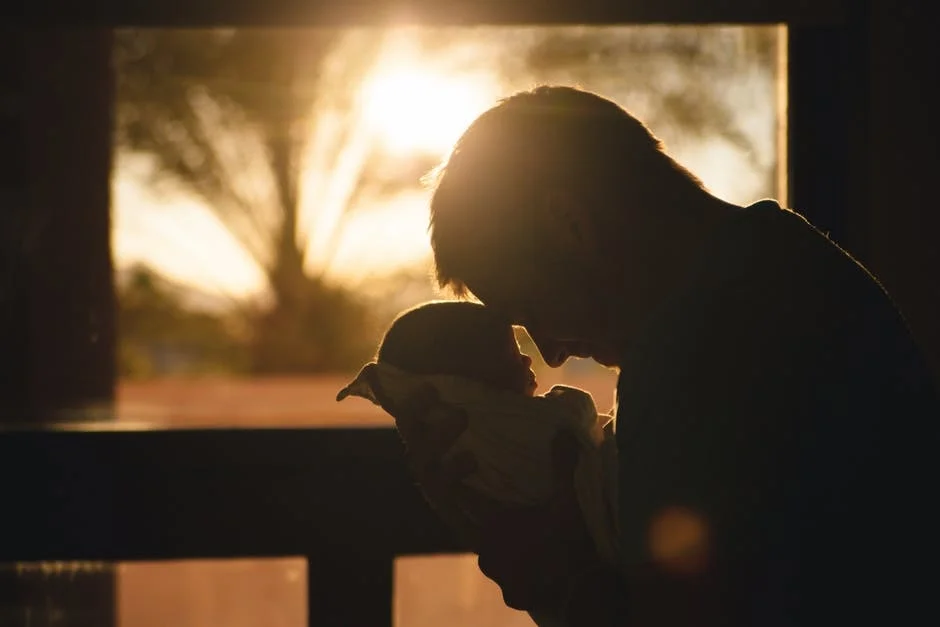One of my summer projects is a review of first year Greek in preparation for a second year Greek course I need to take in the fall. The problem with the ‘review’ is that the first time I studied Greek was close to twenty years ago and so it pretty much feels like I’m starting from scratch. The textbook I’m using was written by John Gresham Machen, the founder of Westminster Seminary, and originally published in 1923. Reading an article about Machen’s life recently, I was moved by the profound impact that his mother had on him, and the crucial parenting principles she embodies.
While Machen’s father was a Harvard-trained lawyer who studied the ancient classics as a hobby and was proficient in Latin, Greek, French and Italian, his mother matched him in intellect and her passion for education. It was from her, that Machen first heard the Bible and learned about the Christian life as she read and explained John Bunyan’s Pilgrim’s Progress. She too was the one to take the initiative in training him in the teachings of the Bible, preparing Bible lessons for Sunday afternoons and teaching him the Westminster Catechism, a series of questions and answers used to help learn Bible doctrine. At the time, she couldn’t have known how important her patient instruction in the Bible would be.
Machen graduated from John Hopkins University with a major in the classics and then went on to Princeton Seminary to study theology. In 1905, he went to Germany to continue his theological studies for the year and there encountered theological liberalism – scholars who rejected the Bible’s miracles and many of the core tenets of historic Christianity. He had been trained to defend the Bible’s inerrancy but he was not prepared for the warmth and the winsomeness of his liberal professors’ faith. He had expected to meet people who compromised the Bible and were marked by cold, empty religion. Instead, he met people who rejected the reliability of the Scriptures but seemed to be more passionate about their faith than he was. At this point, it wasn’t his Princeton professors who helped him deal with his doubts – it was his mother.
While Machen struggled with the allure of liberalism, his mother resorted to neither panic nor anger. She depended on God in prayer and continued to relate to her son with unconditional love, at one point writing, “But one thing I can assure you of—that nothing that you could do could keep me from loving you—nothing. … But my love for my boy is absolutely indestructible. Rely on that whatever comes.” God used her constant love, deep spirituality and thorough Biblical knowledge to anchor Machen as he faced the most extreme tests of his faith. Machen went on to become a professor at Princeton, and when it fell prey to liberalism, he founded Westminster Seminary, one of the pre-eminent seminaries in North America. When his mother died in 1931 he wrote, “My mother seems—to me at least—to have been the wisest and best human being I ever knew.”
Her example is inspiring to me in many ways but several lessons stand out:
1. A parent is the primary spiritual influencer in a child’s life. It would have been so easy for Machen’s mother to assume that the Bible was something the church should teach her children. But she knew that the church’s role was secondary to the influence she could have as a parent. Her commitment to prepare lessons, read the Bible, and teach her children about both doctrine and Christian living is exemplary.
2. Tests to a child’s faith aren’t just theological. Machen didn’t just wrestle with the ideas that opposed his faith; he wrestled with the passionate spirituality that seemed to accompany them. It was his mother’s deep faith and character, in addition to her Biblical understanding, that helped protect his faith.
3. Faith and love are a parent’s greatest weapons. His mother could have taken to nagging her son. She could have berated him and torn down his professors. And she might have pushed him farther away in the process. Instead she loved him faithfully and entrusted him to God’s sovereign grace.
Machen’s mother would probably testify that nothing she had done could save her child. She knew that she couldn’t guarantee his faith by doing the right things. But her life demonstrates a faithfulness that God blessed and is worthy of imitation. May God give us grace to invest our lives in the next generation that they might face the challenges that the future will no doubt bring.
And these words that I command you today shall be on your heart. You shall teach them diligently to your children, and shall talk of them when you sit in your house, and when you walk by the way, and when you lie down, and when you rise. - Deuteronomy 6:6-7
In awe of Him,
Paul


